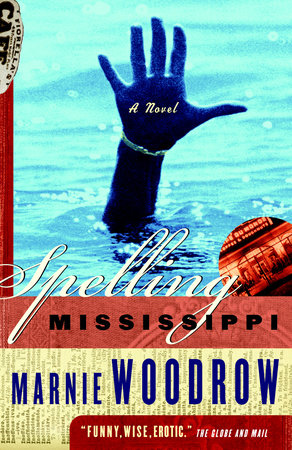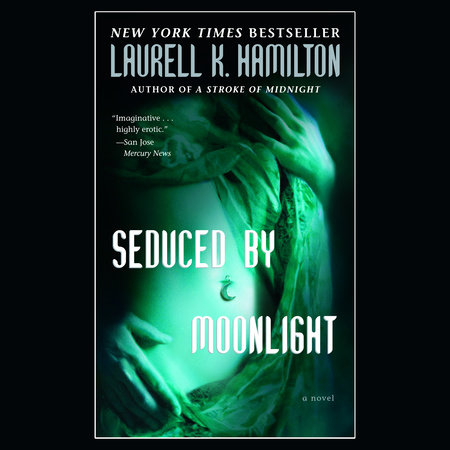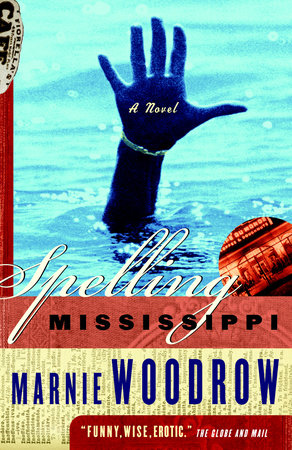

Spelling Mississippi
By Marnie Woodrow
By Marnie Woodrow
By Marnie Woodrow
By Marnie Woodrow

-
$14.00
Mar 11, 2003 | ISBN 9780676974324
-
Jul 27, 2011 | ISBN 9780307366245
YOU MAY ALSO LIKE
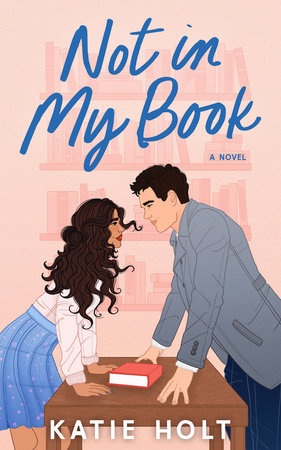
Not in My Book
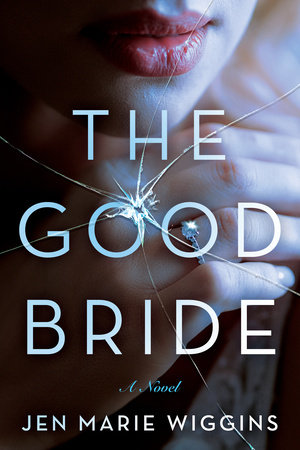
The Good Bride
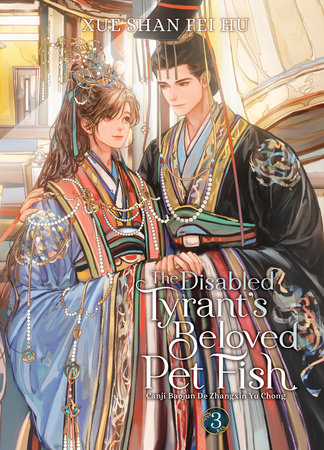
The Disabled Tyrant’s Beloved Pet Fish: Canji Baojun De Zhangxin Yu Chong (Novel) Vol. 3
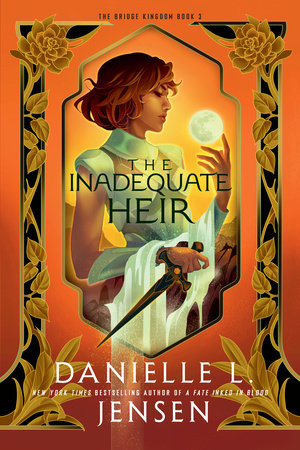
The Inadequate Heir
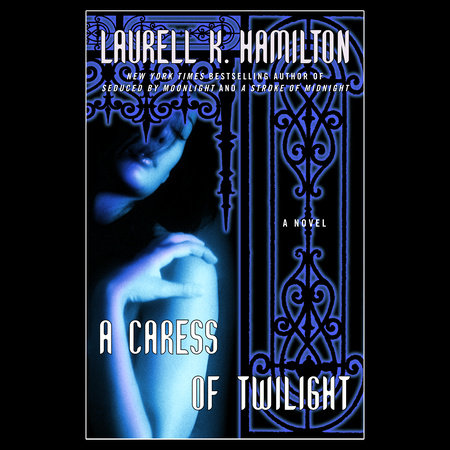
A Caress of Twilight
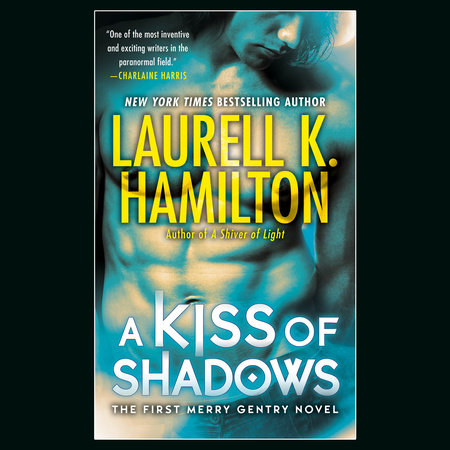
A Kiss of Shadows
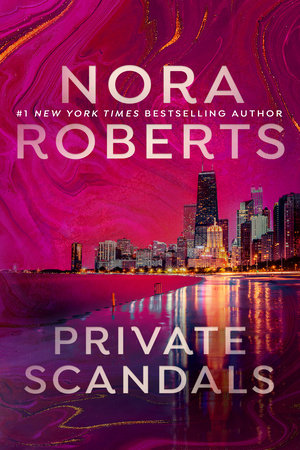
Private Scandals
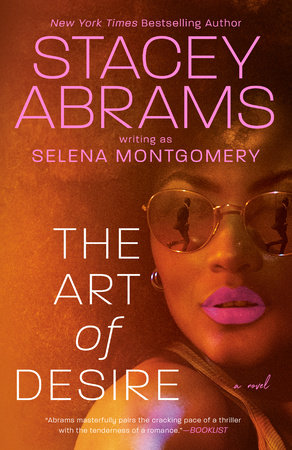
The Art of Desire
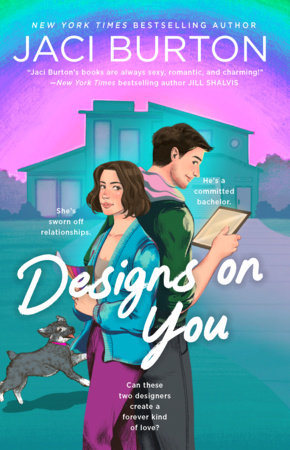
Designs on You
Praise
"An affecting tale of one woman’s immersion into the gloriously decadent city of New Orleans." — National Post
“The hype around Marnie Woodrow’s debut novel is justified…. Spelling Mississippi is a spellbinding tale. New Orleans is where it happens — that sultry, blues-ridden city — and Marnie Woodrow is a writer who knows how to conjure up a setting…She’s a terrific writer, and her wonderfully wry sense of humour enhances Cleo’s journey…. Spelling Mississippi is the book to read this season and Woodrow, with two story collections behind her as well as this fine novel, is the writer to watch.” — Vancouver Sun
“Spelling Mississippi begins with a visually stunning drama that lingers ‘like the ghost scent of fine perfume’ over all the pages to come…. The narrative shifts smoothly between Cleo and Madeline, suspensefully unfurling their pasts, troubled childhoods, backstories ripe with longings and secrets, like the mini-cities of the dead, haunting the present…. Woodrow is a delicious tease, offering cool quenching sips of information, but spiked with intrigue. The story swirls compellingly on, at times funny, wise, erotic, always precisely detailed and vivid. A kind of romantic melancholy permeates the pages…. The charm and strength of the telling is the intimate reality created, the bang-on dialogue and characters [are] fully flesh and blood…. Spelling Mississippi, in the best way, is alive, both spirited and haunted.” — Eliza Clark, The Globe and Mail
"Debut novel surfaces with extraordinary power…. Marnie Woodrow, who in this debut novel already displays a brilliant feel for atmosphere and setting … invites you in to drink in all that atmosphere, and immerse yourself in her world. Spelling Mississippi is a novel that will absolutely surround you … [It] reads like a langorous swim to a private island." — Hamilton Spectator
“Southern light shines on stunning debut…. Woodrow has executed the shift to the long form with shocking grace and considerable skill….. Spelling Mississippi is full of intelligence, humour and passion.” — Xtra!
“One of the hottest novels of the season…Not only is Marnie Woodrow’s Spelling Mississippi raising the temperature of book reviewers everywhere, it is set in that most humid of cities, New Orleans….Filled with humour, it is a delicious novel for a very hot July day…. Spelling Mississippi is witty, wise, smart and sexy.” — Andrew Armitage, The Sun Times
“Spelling Mississippi…is a sweet, eccentric love story that I wished would go on forever….The story is original, sexy and presents an unforgettable portrait of New Orleans.” — W.P. Kinsella, Books In Canada
“Strikingly written….an entertaining, appealing book….[Woodrow] relies on innovation and overdrive to spur her story, and the result is an arresting and original first novel.” — London Free Press
“With the mighty Mississippi river providing a majestic background of intrigue, and the city of New Orleans the setting for romance and charm, Ontario short story writer Marnie Woodrow makes an impressive debut as a novelist with Spelling Mississippi. She delves deeply into the psyche of her exciting and mysterious characters. The author’s skill in spinning a good yarn is evident. Romance, drama, betrayal and sex — it is all here, punctuated with fascinating historical detail…. " — Winnipeg Free Press
"an affecting tale of one woman’s immersion into the gloriously decadent city of New Orleans." — Noah Richler, National Post
“Woodrow’s voice is original, her craft superb…. Spelling Mississippi has a lot of foreward thrust, a steady supply of reasons to turn the page.” — The Gazette, Montreal
“Spelling Mississippi is drenched with an eerie and feminine sensuality from the very start. The scents, scenes and sounds of the book are all an elaborate foreplay for the greater things to come….There’s aggravation, mystery and a strange romance that will haunt you long after the last page is read.” — Ottawa Citizen
"Woodrow’s lush prose drives a satisfying and coherent narrative…. This is a love letter to New Orleans in all its steamy glory: the magnolias’ reek, the non-stop nightlife, the potent Southern hospitality. Woodrow keeps the sexy story pounding along toward Cleo’s and Madeline’s eventual connection, which is so intense they suspect that something must be terribly wrong. Yet by the end, you can’t help but conclude that, with Spelling Mississippi, Woodrow has done something terribly right." — Susan G. Cole, NOW magazine
ADVANCE PRAISE:
“Spelling Mississippi is charged with the eccentric energies of its characters and its New Orleans setting. A love story that is tender, but also witty, sexy and highly intoxicating.” — Timothy Taylor, author of Stanley Park
"A smart, sexy, moving jazz riff of a novel." — Emma Donoghue, author of Slammerkin
"In this bourbon-soaked barnburner of a tale, the Mississippi River becomes the catalyst for one woman’s midnight swim and another’s plunge into obsession. The setting is a New Orleans stocked with star-crossed lovers, barflies, thwarted dreams and mother-daughter showdowns. [Spelling Mississippi] plays with notions of fate and inevitability in the characters’ lives, themes that fit nicely with New Orleans’ reputation for romance and magic…. The novel is, at its root, about people overcoming their tangled, traumatic histories to authentically find one another." — Quill & Quire
21 Books You’ve Been Meaning to Read
Just for joining you’ll get personalized recommendations on your dashboard daily and features only for members.
Find Out More Join Now Sign In






